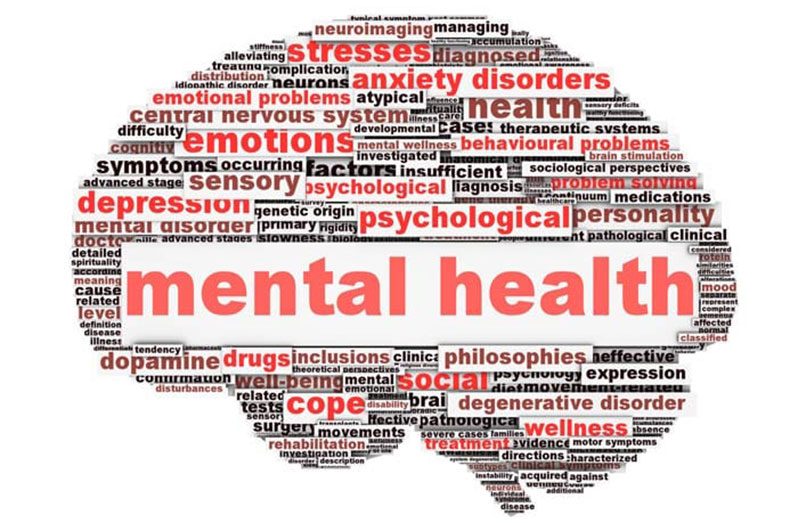By Vanessa Cort
WHEN she refused to give interviews to the press, citing mental health issues, tennis star, Naomi Osaka, turned the spotlight once more on a topic which has been gaining increasing international attention.
The second-ranked player, who was penalised by the Tennis Association for her action, nevertheless stuck to her decision and subsequently withdrew from two international tournaments.
Referring to herself as an introvert, Osaka revealed that she has been struggling with depression and felt unable to cope with media attention which is so much a part of the sport.
In a press release, she said, “It’s okay not to be okay and it’s okay to talk about it”. In this simple statement, she was echoing the words of Olympic champion swimmer, Michael Phelps, who, years ago, had admitted to battling anxiety and depression. Both of these athletes have given voice to what so many people experiencing mental health issues have fear. It is also what the public at large discourages – talking about it.
However, voices are no longer remaining silent. Meghan Markle, the Duchess of Sussex and wife of England’s Prince Harry, also spoke of her struggles with depression and suicidal tendencies in a bombshell interview with talk show host, Oprah Winfrey.
“Whenever you get a high stress situation you kind of freak out. I have to focus on my mental health and well-being…. It just sucks when you’re fighting with your own head.”
These were the words of world-renowned American gymnast, Simone Biles, who, just weeks ago, pulled out of a group event at the Tokyo Olympic Games.
Hailed as the greatest athlete in the history of the sport, Biles, in a statement, articulates what so many people are feeling as they struggle to cope with the fallout from the COVID- 19 pandemic which is currently sweeping the world.
Many are reeling from the intense pressure of being in a lockdown for so many months, losing their jobs or homes and even friends who have died and, through it all, they have to provide for their families. Yet, across the globe, mental health is still considered taboo. Afraid of the stigma attached to it, many who are affected remain in denial, are embarrassed about their condition or feel that they will be seen as insane.
Terms like nut case, basket case, crazy, mental or, in Guyana, simply calling someone mad can be both hurtful and harmful.
The American Psychiatric Association defines mental illness as “A health condition involving changes in thinking, emotion or behaviour”. It also pointed out that it can come in different forms and may not even be visible from the outside.
.
What is abundantly clear, however, is the fact that mental health is largely misunderstood, with many still viewing it as some form of insanity, while sufferers fear the unsavoury labels and are reluctant to discuss their problems.
Furthermore, anyone exhibiting a change in behaviour may be called ‘mad’ and either feared or treated with disdain.
This, more than anything else, has led to the silence which generally surrounds mental health.
But as we Guyanese say, it is ‘high time’ for mental health to be openly discussed and treated..



.jpg)











